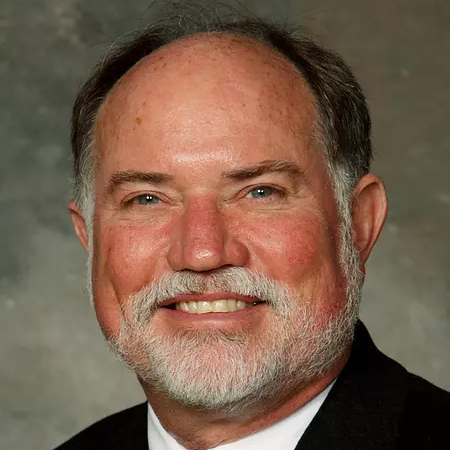By Denny Wayman
What is your mindset when faced with an unexpected or miraculous moment?
It is easy to recognize the embarrassment of Peter when he sees Jesus, Moses, and Elijah in their heavenly glory on that mountain peak. Even Mark and Luke, as they record the event, try to explain his awkward reaction.
When Peter said: “Rabbi, it is good for us to be here. Let us put up three shelters — one for You, one for Moses, and one for Elijah.” Mark adds: “For they were all so terrified that Peter did not know what else to say” (Mark 9:5–6 BSB). Luke simply explains parenthetically “(He did not know what he was saying)” (Luke 9:33).
Mark says Peter’s fear drove him while Luke thinks Peter was beyond his scope of knowledge. Both are informative reactions to this amazing event, but how would I, or how would you have responded?
Knowing myself now after decades of amazing encounters with the Eternal One, my personality is not as impulsive as Peter’s — I would not have suggested physical structures to house eternal beings. Instead, I have found that I identify more with those disciples who, even seeing Jesus after the resurrection, still “doubted” (Matthew 28:16–17).
_
“Jesus introduces a reality that is true to a transcendent, transfigured existence with its own natural laws and eternal purposes.”
_
There is something about my mind that says, initially: “Wait a minute!” “This can’t be!” “Think!” Perhaps it was because of the mantra my father gave me as a child and teen: “Use the brain God gave you!”
In many ways my own brain, with a mind of its own, has been a cross I’ve had to bear and a blessing I’ve tried to share. There is no doubt that I would have found it difficult to “believe my eyes” at that thin place where heaven and earth touched and friends gathered to talk. I would have undoubtedly tried to make “sense” of it.
But I’ve learned, with difficulty, that much of what Jesus does is beyond explanation and even beyond mystery. Jesus introduces a reality that is true to a transcendent, transfigured existence with its own natural laws and eternal purposes. This existence is not just beyond the limits of language and knowledge, but beyond the very structures that support language and knowledge.
Sense and Space
So, though my first reaction would have undoubtedly been to try to make sense of it, my second reaction would be to make space for it — to transfigure the categories of my thoughts as I open places of “knowing” within me that are not so much a broadening of my mind as it is a transforming of the very ways my mind (and heart) encounters everything.
It is at that moment that my mind is humbled and my heart is warmed, and life is more than its limitations or even possibilities. It is then that I am able to enter the mind of Christ.
Whose Spirit and Mind?
We do, however, speak a message of wisdom among the mature, but not the wisdom of this age or of the rulers of this age, who are coming to nothing. No, we declare God’s wisdom, a mystery that has been hidden and that God destined for our glory before time began. None of the rulers of this age understood it, for if they had, they would not have crucified the Lord of glory. However, as it is written:
“What no eye has seen, what no ear has heard, and what no human mind has conceived” — the things God has prepared for those who love him — these are the things God has revealed to us by his Spirit.
The Spirit searches all things, even the deep things of God. For who knows a person’s thoughts except their own spirit within them? In the same way no one knows the thoughts of God except the Spirit of God. What we have received is not the spirit of the world, but the Spirit who is from God, so that we may understand what God has freely given us. This is what we speak, not in words taught us by human wisdom but in words taught by the Spirit, explaining spiritual realities with Spirit-taught words. The person without the Spirit does not accept the things that come from the Spirit of God but considers them foolishness, and cannot understand them because they are discerned only through the Spirit. The person with the Spirit makes judgments about all things, but such a person is not subject to merely human judgments, for,
“Who has known the mind of the Lord
so as to instruct him?”
But we have the mind of Christ. (1 Corinthians 2:6–16)
+

Denny Wayman, D.Min., served 40 years as the lead pastor of the Free Methodist Church of Santa Barbara and 10 years on the superintendent team (eight years as lead superintendent) of the Free Methodist Church in Southern California. He is the author of “Healthy Biblical Communities” and the discipleship trilogy “Discipleship Ecosystem,” “Toxic Discipleship” and “Rootbound.” He is married to Cheryl, a licensed marriage and family therapist.











